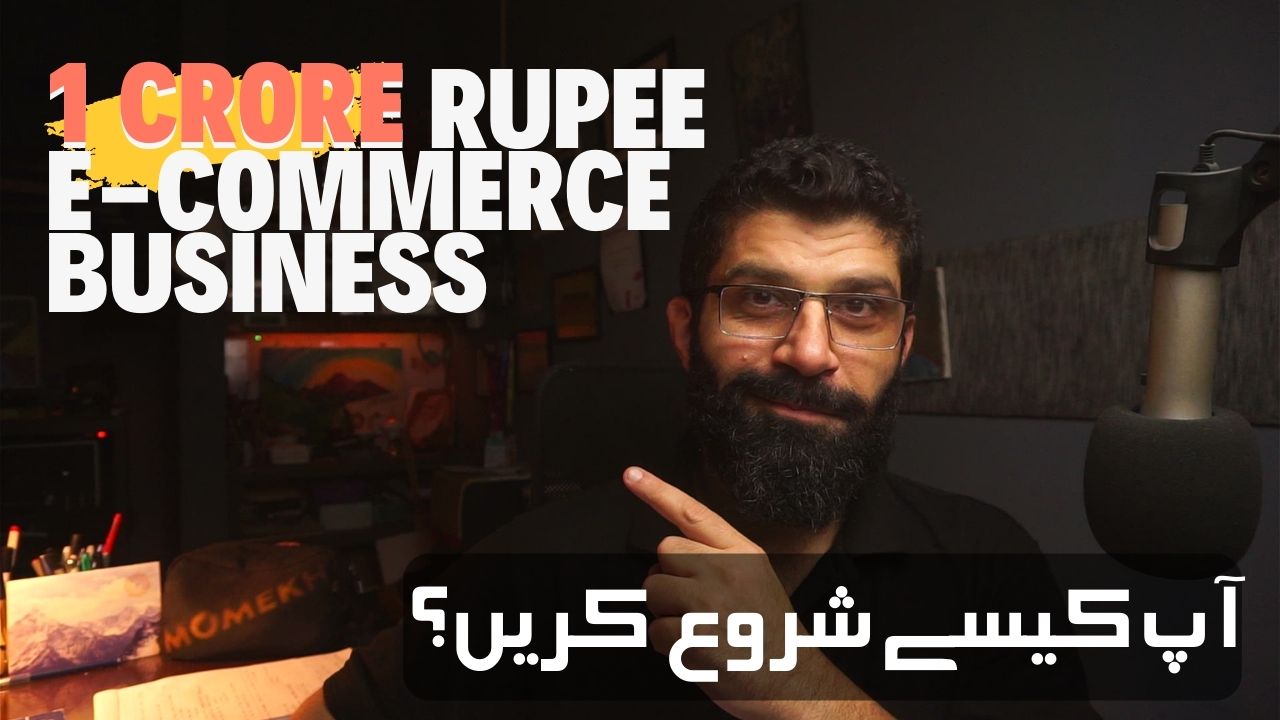We are trained to pay a lot of attention to our “work”. Work is sacred. But here’s an interesting experiment: look up the big events of the past and see if they were brought about by people working jobs, or by people who were doing what they were passionate about?
Silly question, right? Passion always wins this one. But passion is hard to handle. It is a loaded word. I’ve a better word: hobbies.
But hobbies are usually relegated to “free time”. What a glorious mistake!
We ought to be paying a lot of structured, deliberate attention to our hobbies.
Nassim Nicholas Taleb (trader-philosopher-mathematician) sums it up brilliantly, and I quote:
“Consider Britain, whose historic rise during the Industrial Revolution came from tinkerers who gave us innovations like iron making, the steam engine and textile manufacturing. The great names of the golden years of English science were hobbyists, not academics: Charles Darwin, Henry Cavendish, William Parsons, the Rev. Thomas Bayes. Britain saw its decline when it switched to the model of bureaucracy-driven science.”
from his article in Wall Street Journal titled Learning to Love Volatility (emphasis my own)
Another potent example of the need to pay attention to hobbies is the current rise of influence (and pays) of professional athletes. I say “current” because there wasn’t much money in sports say, 200 years ago. Also note that no athlete will consider their profession anything other than a hobby. That’s how their “career” started. Messi and Ronaldo and Federer and Phelps and Brownlee are hobbyists first, professional, world-class, “financially independent” athletes later.
If you belong to the tech world in any way, you already know that most revolutions (may it be the dominance of Windows, the everywhereness of Google or the coolness of Apple) were not academic-based, research-driven or “industry-sponsored”. These people were hobbyists out to tinker, tweak and play with their toys.
I think the best example in today’s world is summed up by the mind-blowing success of crowd-funding sites like Kickstarter and Indiegogo (works in Pakistan too!). A lot of hobbyists – passionate people who love their craft whatever that craft is – are making remarkable products and changing the world in usually small but meaningful ways. You come up with a good idea, you got the skills to make it happen? Then money is not a problem anymore (of course, it wasn’t a problem before, but now it’s all the more easier!).
The entrepreneur and investor Chris Dixon has this wonderful little post, aptly titled: What the smartest people do on the weekend is what everyone else will do during the week in ten years. You should read the post in its entirety here (it’s a short post).
The premise is simple: if you want to do extraordinary work, pursue your hobbies. Make sense out of them. Making sense may mean economic sense, may mean some other construct in your mind. But pay attention. Your hobbies and interests are mere synonyms of your talents.
Agreed, trying to produce world-class, extraordinary work is not for the faint of heart. But your heart my dear friend, is very, very strong: test it out sometimes. (tweet)
I wish you the best and talk soon.
—
Liked what you read: Share with your friends then! Thanks.
Interested in taking your hobbies more seriously? I may have a few more articles for you at the Pro Hobbyist section.
Any thoughts on this? Let me know.



